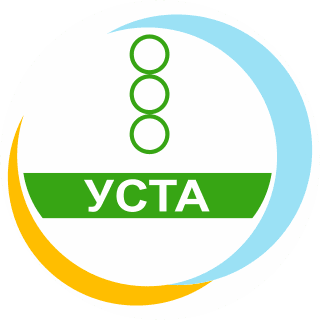
Українська Спільнота Транзакційного Аналізу

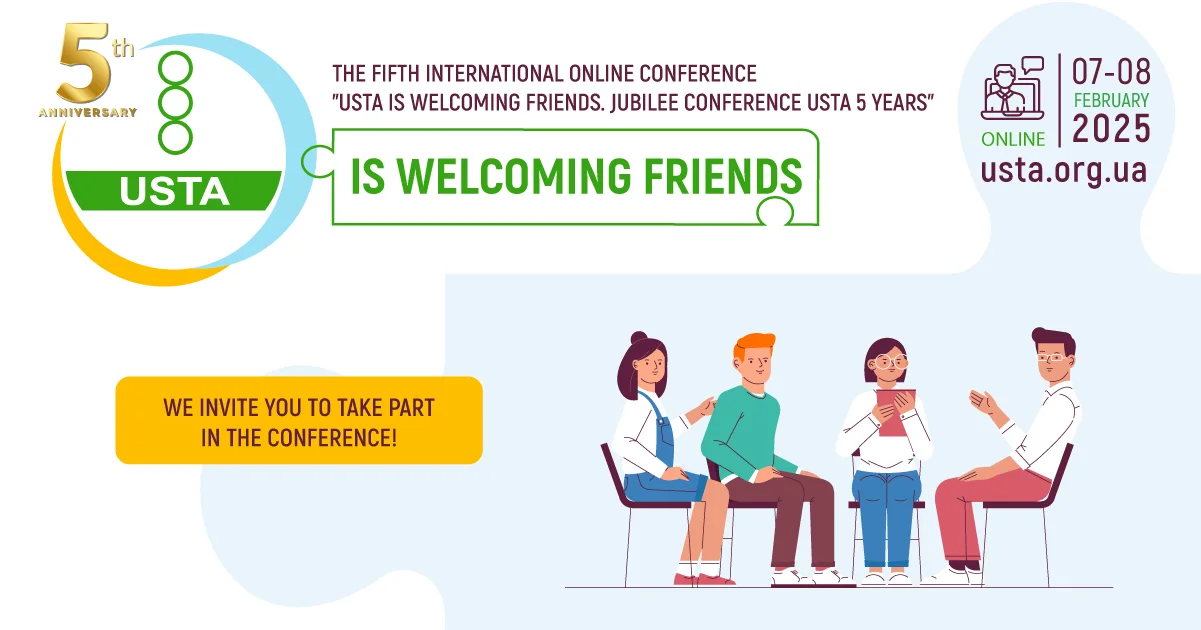
Dear colleagues and friends!
On the 7th and 8th of February 2025, we invite you to take part in the Fifth International Online Conference “USTA is Welcoming Friends. Jubilee Conference USTA 5 years”.
The USTA International Conference is an annual event that has already become a good tradition, bringing together supporters of the Transactional Analysis method around the world.
At the Conference, you will find interesting and useful workshops from international and Ukrainian speakers.
The USTA Conference is a space where new knowledge is acquired, new interesting acquaintances, useful professional connections, and great ideas are born.
We are preparing for you an interesting conference program that will be filled with creative energy. Speakers will speak on various areas of TA and share their experiences and best practices.
We invite you to participate in the Conference. We are waiting for you and will be very glad to see you!
Sincerely and warmly,
USTA Conference Organising Committee
08:30
Registration of the participants
(connecting to the conference)
09:00 – 09:50
the conference opening
09:50 – 10:00
COMFORT BREAK
10:00 – 11:30
THE FIRST LINE OF THE WORKSHOPS
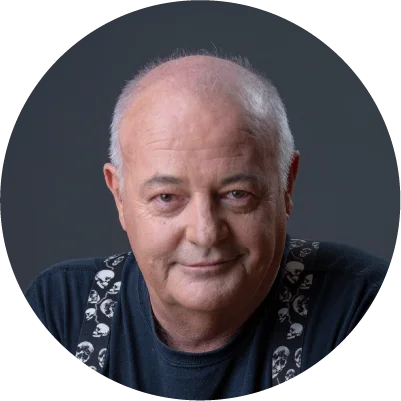
11:30 – 11:40
COMFORT BREAK
11:40 – 13:10
THE SECOND LINE OF THE WORKSHOPS
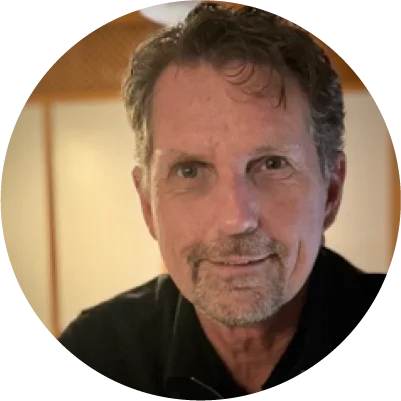
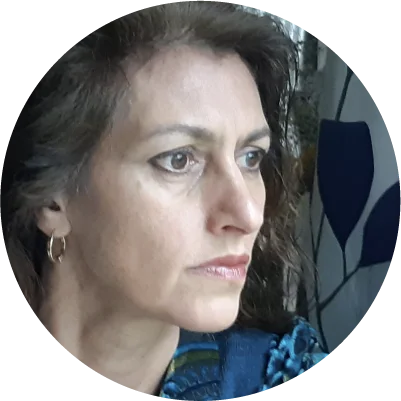
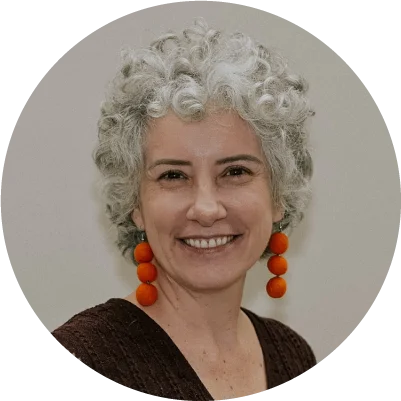
13:10 – 14:00
LUNCH BREAK
14:00 – 15:30
THE THIRD LINE OF THE WORKSHOPS
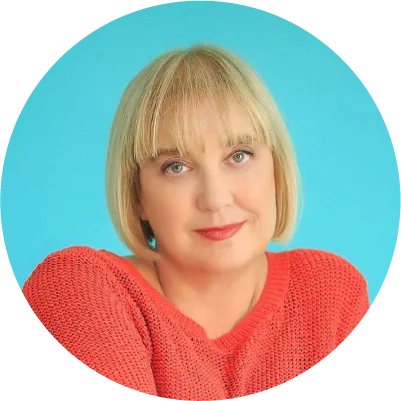
15:30 – 15:40
COMFORT BREAK
15:40 – 17:10
THE FOURTH LINE OF THE WORKSHOPS
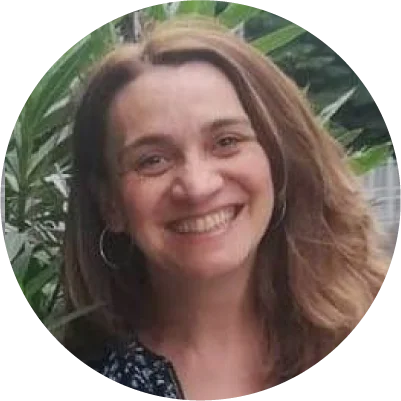
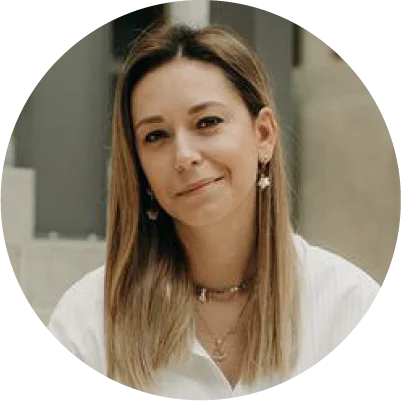
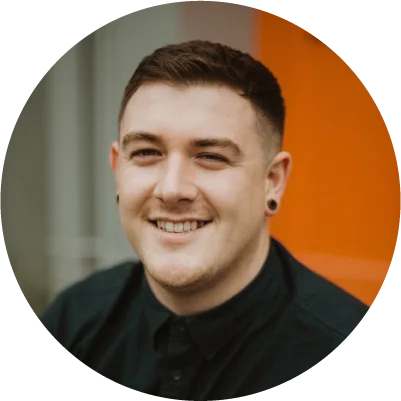
17:10 – 17:20
COMFORT BREAK
17:20 – 18:50
THE FIFTH LINE OF THE WORKSHOPS
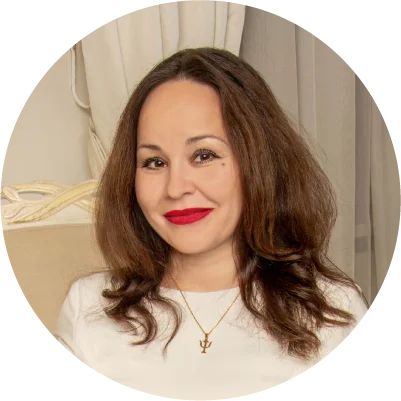
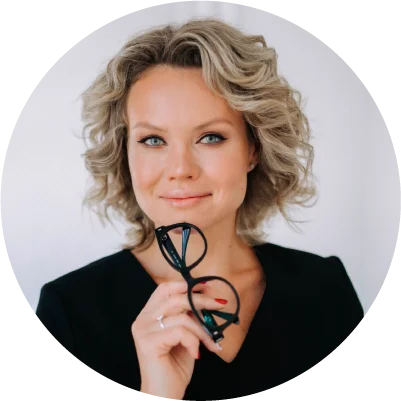
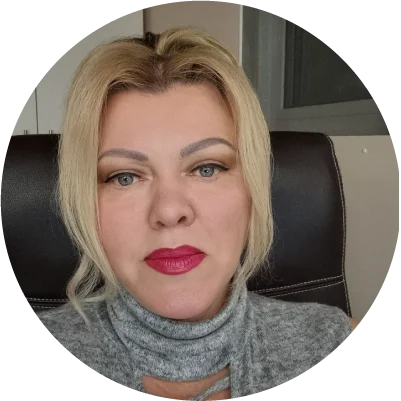
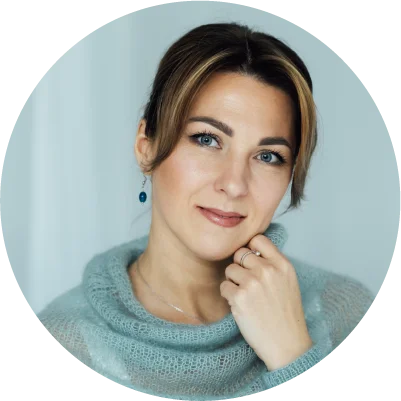
18:50 – 19:00
COMFORT BREAK
19:00 – 20:30
THE SIXTH LINE OF THE WORKSHOPS
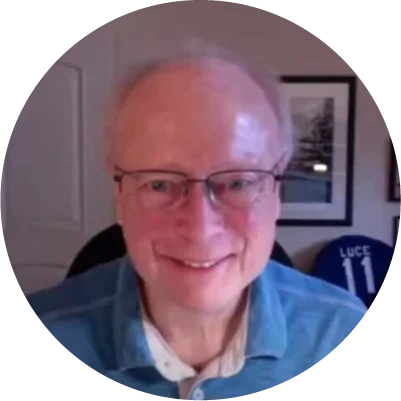
CLOSING OF THE FIRST DAY OF THE CONFERENCE
07:30
Registration of the participants
(connecting to the conference)
07:45 – 08:00
the conference opening
08:00 – 09:30
THE FIRST LINE OF THE WORKSHOPS
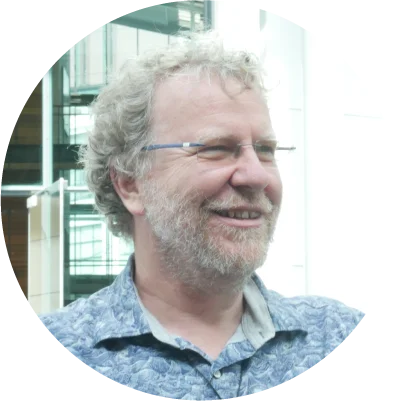
09:30 – 09:40
COMFORT BREAK
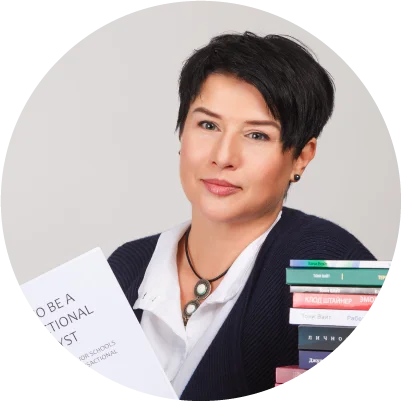
10:00 – 11:30
THE SECOND LINE OF THE WORKSHOPS
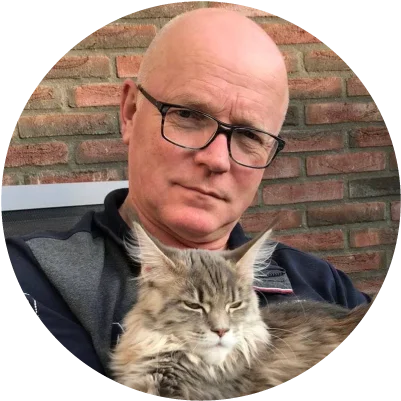
11:30 – 11:40
COMFORT BREAK
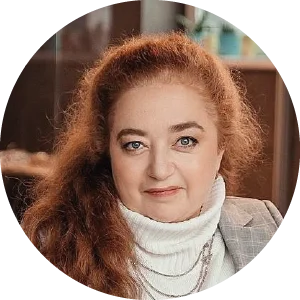
12:00 – 13:30
THE THIRD LINE OF THE WORKSHOPS
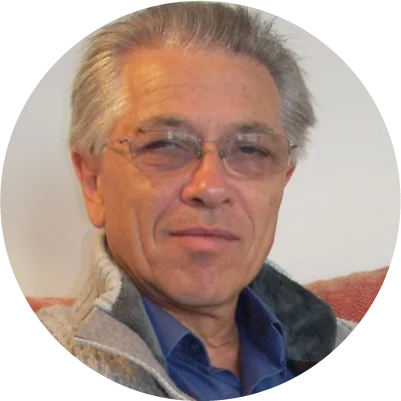
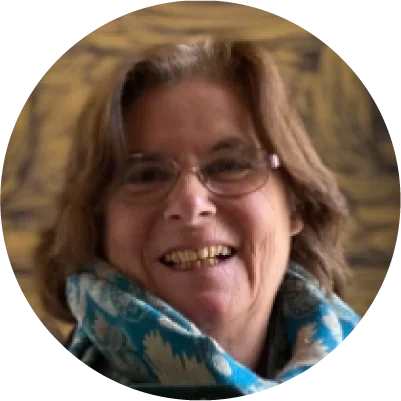
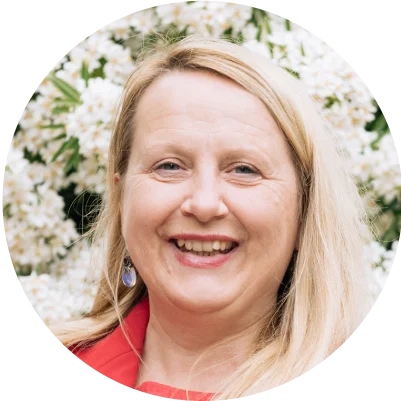
13:30 – 14:00
LUNCH BREAK
14:00 – 15:30
THE FOURTH LINE OF THE WORKSHOPS
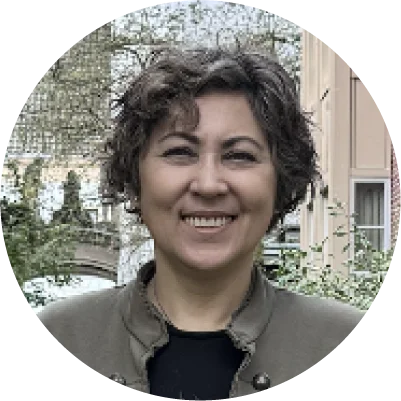
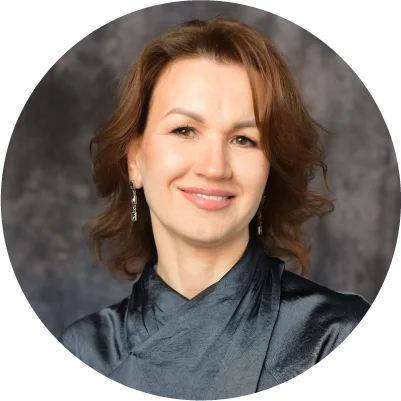
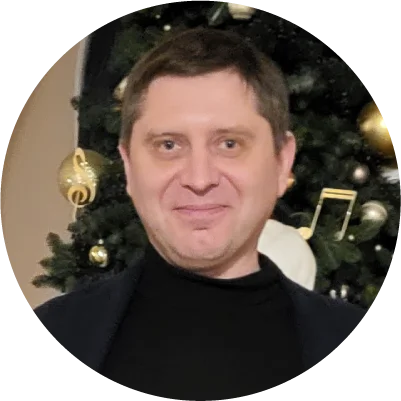
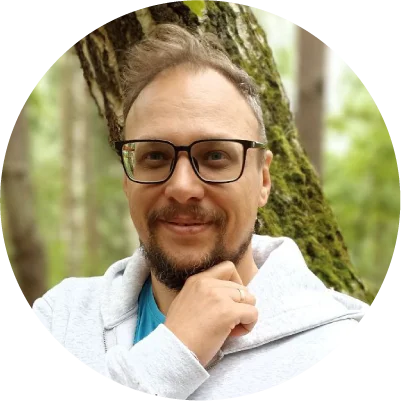
15:30 – 15:40
COMFORT BREAK
15:40 – 17:10
THE FIFTH LINE OF THE WORKSHOPS
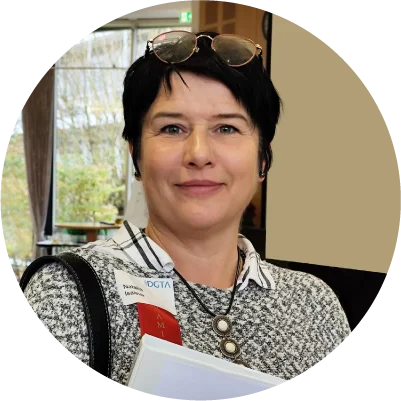
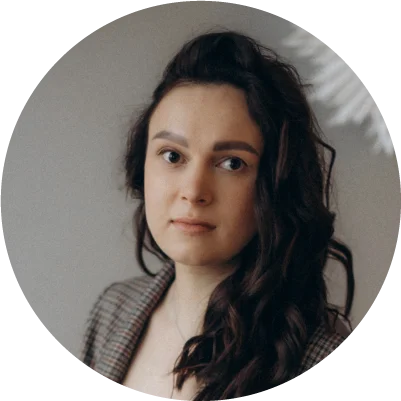
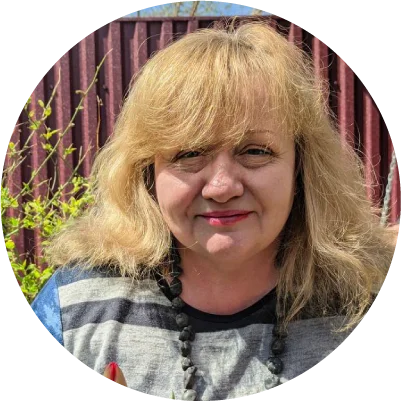
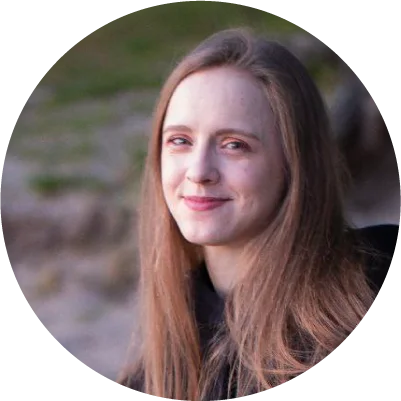
17:10 – 17:30
CLOSING THE CONFERENCE
We are looking forward to seeing you at the Conference and will be very happy to see you.
If you have any organisational questions regarding the Conference, please contact us via ustaconference@gmail.com
Sincerely and warmly,
USTA Conference Organising Committee